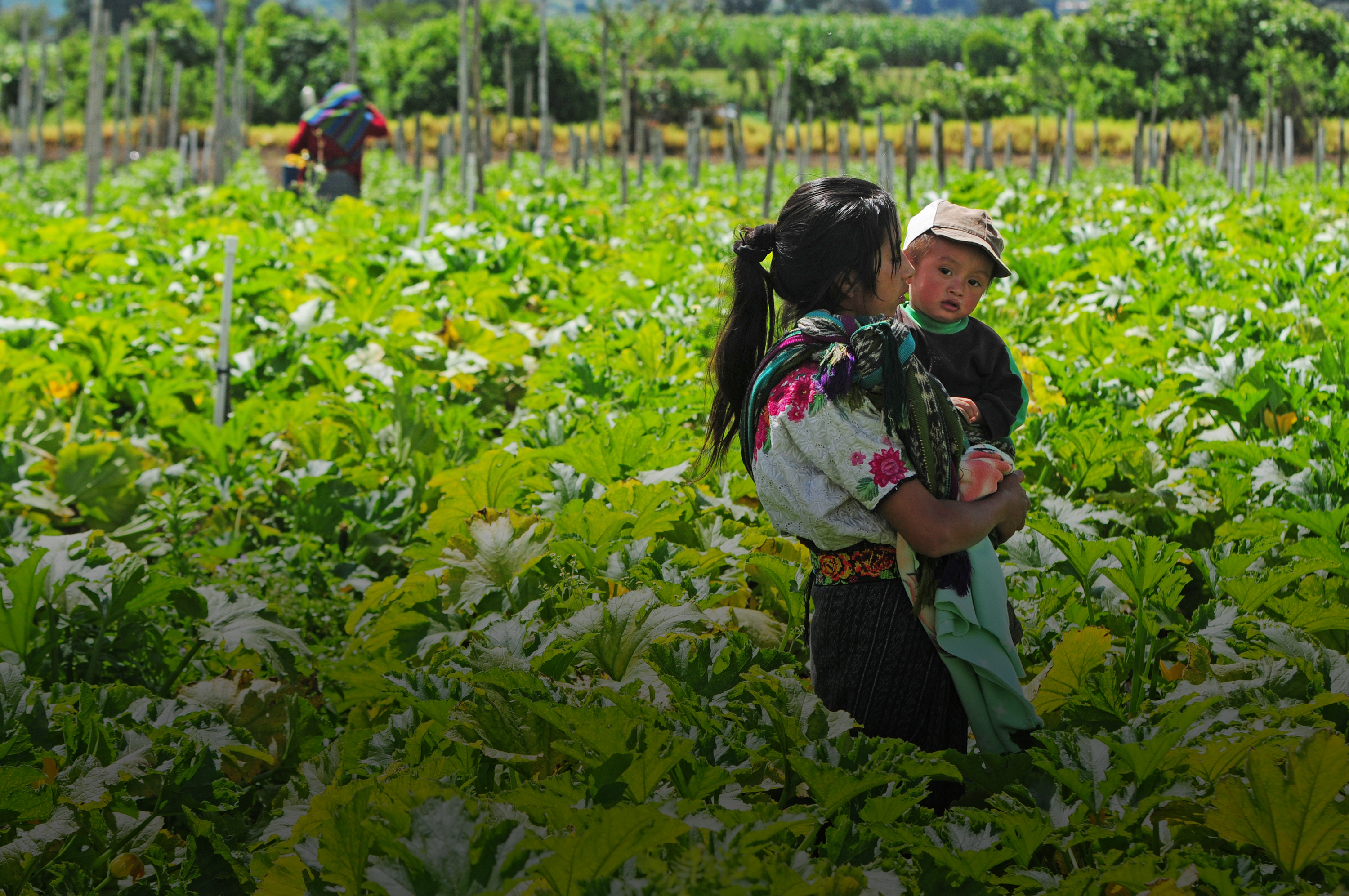 Produced by Women Deliver
May 31, 2016
By Genine Babakian
Produced by Women Deliver
May 31, 2016
By Genine Babakian
Abortion Laws in Latin America Force Women to Choose between Arrest and Life-Saving Care
A new report by Ipas highlights the negative implications restrictive abortion laws in Latin America have for women’s health and survival.
In its March 2016 publication, Betraying Women: Provider Duty to Report, Ipas stresses the harm of laws that require or encourage health providers to report women to the police if they suspect them of having an abortion. Ipas, dedicated to ending preventable deaths and disabilities from unsafe abortion since 1973, reveals an alarming trend of medical personnel throughout Latin America breaching patient confidentiality. As a result, when women and girls seek urgent care for complications arising from unsafe or self-induced abortion, they risk being reported to the authorities. This instills a climate of fear, forcing women to choose between life-saving medical treatment and arrest.
Such was the case for Karen, a 19-year-old single mother in Brazil, where abortion is only legal for pregnancy resulting from rape, when a woman’s life is in danger, or in cases of anencephaly. Unemployed and pregnant, Karen self-terminated her pregnancy by taking Cytotec. After neighbors found her bleeding profusely, they called an ambulance. Shortly after receiving emergency treatment at a local hospital, the police arrived to place her under custody. Three days after she arrived at the hospital, Karen went to jail.
Laws that require medical personnel to report suspected abortions to the police threaten the health and violate the rights of women. They also place doctors in a legal and ethical minefield. On the one hand, they are required to uphold a code of confidentiality between doctor and patient. Yet justice officials ask them to violate this health code by reporting women and girls who show up for emergency post-abortion care to the police.
“The legal ambiguities make many doctors feel uncertain what to do,” said Guillermo Ortiz, an obstetrician/gynecologist with Ipas who worked in El Salvador – one of the five countries in Latin America where abortion is banned without exception.
“With the ambiguity of the law, hospital workers are concerned that they might be involved in something illegal.”
Even when a doctor does not want to notify the police, he or she may feel compelled to do so. “Sometimes the fear is that if you don’t notify the police, then maybe a nurse or a social worker will,” Ortiz said, adding that they feared public stigma more than any legal punishment.
According to Bia Galli, Ipas Senior Policy Advisor, doctors in Latin America are not being punished for providing post-abortion care. That is their duty. But the social stigma around abortion is so great that women who seek emergency post-abortion care are judged, and the way to punish them is to report them to the police.
Due to its illegal status, it is difficult to estimate the number of women who have unsafe abortions in Latin America, and the impact such legal restrictions have on maternal mortality. According to Galli, a study conducted in Brazil estimated that 1 in 5 women have an abortion. “Abortion is a common event of women’s reproductive lives,” Galli said.
Evidence clearly shows that maternal mortality rates are far lower where abortion is safe and legal. Take Uruguay, for example, which legalized abortion in 2012. After Cuba, Uruguay is the second country in Latin America to ease the restriction. According to World Bank data, Uruguay has the lowest maternal mortality rates in Latin America, with 15 deaths per 100,000 births, compared to 54 in El Salvador; 92 in Dominican Republic; 129 in Honduras, and 150 in Nicaragua, where abortion is banned under all circumstances.
Yet the social stigma associated with abortion in Uruguay – even though it is legal for up to 12 weeks of pregnancy – reflects that of neighboring countries. The country is struggling to respond to high rates of conscientious objectors by providers.
Photo courtesy of: Maria Fleischmann / World Bank



